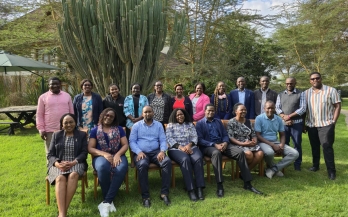

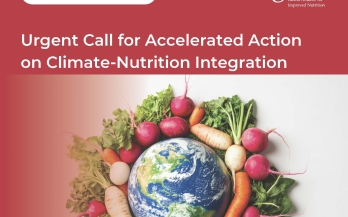
Urgent Call for Accelerated Action on Climate-Nutrition Integration – Latest Assessment
For Immediate Release Urgent Call for Accelerated Action on Climate-Nutrition Integration – Latest Assessment Sub-Saharan Africa, Latin America and the Caribbean are leading the way Strongest integration is at the nexus of gender, nutrition and climate change, with 69% ccGAPs showing a clear intention to address climate and nutrition in tandem. Very low levels of integration in the private sector – 79% of the 350 companies assessed had zero integration. London/Geneva, November 07, 2025: The Initiative on Climate Action and Nutrition (I-CAN) released its latest worldwide assessment of the integration of nutrition and climate action. The report analyses 16 key indicators across 198 countries, revealing that some policy areas have made progress – particularly national nutrition and adaptation plans.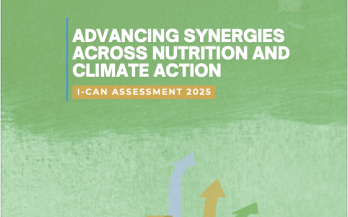
Advancing Synergies Across Nutrition and Climate Action
- 05/11/2025
The I-CAN Assessment 2025 aims to provide a snapshot into the current state of integration between climate and nutrition action across 16 indicators in policy and finance. Despite modest progress since 2023, the report makes clear that integration of climate and nutrition in key international and national policies and financing remains limited, slowing progress towards both reducing malnutrition and climate goals. However, the report also helps to highlight priority areas for action, spotlighting examples of best practice we can learn from as we progress into the second half of this critical decade for the SDGs and climate action.
Local and traditional food markets for thriving ‘’smart cities’’
Local and traditional food retail markets are inherent in a city’s social fabric and the urban food environment. Millions of residents connect daily through food at local and traditional markets; and for many low income urban residents, this is their primary source of food. Thousands of tons of fresh, dried and on ice produce flow into these retail and wholesale-retail hybrid markets, bought by consumers directly and/or by food-outlets, restaurants, and last mile vendors.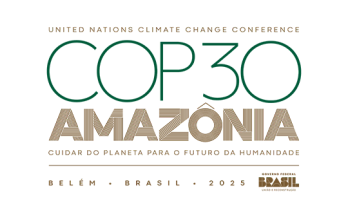
GAIN@COP30 Belém, Brazil
- Global
The 30th Conference of Parties to the United Nations Framework Convention on Climate Change (COP30) will take place in Belém, Brazil, from Monday 10 to Friday 21 November 2025. The COPs are an annual opportunity for Parties and non-Party stakeholders to meet and shape our international response to climate change.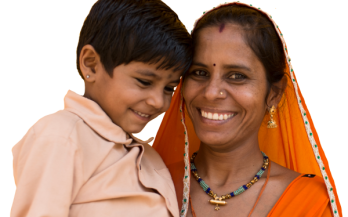
Harnessing youth Potential for transforming Bangladesh’s food systems
- 21/10/2025
Bangladesh is redefining its path toward a more equitable, climate-resilient, and nutrition-secure future—and young people are at the centre of that journey. As the country advances major national strategies like the National Food and Nutrition Security Policy, this policy brief highlights how youth can move from community action to shaping national decision-making. It proposes creating formal youth roles in bodies such as the Bangladesh National Nutrition Council (BNNC) and District Nutrition Coordination Committees and strengthening cross-ministerial collaboration through a Youth in Food Systems Working Group. The brief also calls for expanding Department of Youth Development (DYD) programmes to include policy and governance, integrating food systems into university curricula, and building leadership pipelines through fellowships, mentorships, and digital participation tools. By positioning young people as active partners in governance, Bangladesh can cultivate a generation of leaders driving food systems transformation in line with the country’s long-term development agenda.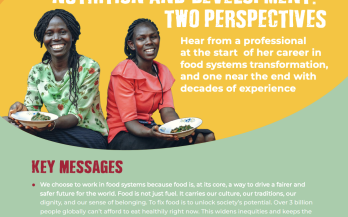
Opinion Brief: Why we work on Food, Nutrition and Development: Two Perspectives
- 15/10/2025
Hear from a professional at the start of her career in food systems transformation, and one near the end with decades of experience Key Messages • We choose to work in food systems because food is, at its core, a way to drive a fairer and safer future for the world. Food is not just fuel. It carries our culture, our traditions, our dignity, and our sense of belonging. To fix food is to unlock society’s potential. Over 3 billion people globally can’t afford to eat healthily right now. This widens inequities and keeps the vulnerable trapped in cycles of poor health. • Food systems transformation touches every aspect of our lives and cannot be achieved in isolation. It spans agriculture, health, trade, finance, education, environment, and social protection, and it relies on people all along the supply chain, from farmers and traders to processors, retailers, policymakers, and consumers. Few other areas of work demand such breadth. That is why transforming food systems requires collaboration across sectors directly and indirectly linked to food, and why it offers opportunities for people with different skills, perspectives, and passions to contribute. • The 2025 World Food Day theme calls for greater collaboration across sectors and silos to transform agrifood systems for people and planet. This is a huge part of the work that must be done, and we remain hopeful that solidarity and compassion will win over more selfish politics. At GAIN we work hard to bring disparate voices across the food system together, for real transformation.
Ultra-Processed Foods: Time for a More Nuanced Conversation
‘Ultra-processed food’ (UPF) has been the nutrition buzzword of the past few years, making its way from scientific research into headlines and policy debates. These foods, commonly defined as industrial food formulations made with ingredients rarely used in home cooking, make up a shockingly large share of diets and have been associated with various negative health effects – but their role remains complicated and contested. At the recent Stockholm Food Forum, I joined this debate, participating on a panel discussion on the topic.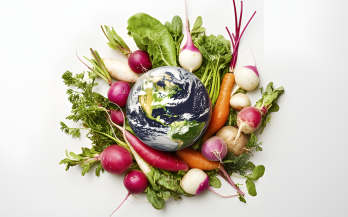
Investment Opportunities at the Intersection of Environment and Nutrition
- 14/10/2025
Through the Nourishing Food Pathways programme, GAIN has collaborated with Hystra on a new study exploring how investments in nutritious food value chains can deliver both nutrition and environmental benefits in Latin America, Sub-Saharan Africa, and South Asia. The research highlights opportunities for impact-oriented investors, specifically Development Finance Institutions (DFIs), to direct capital towards businesses that improve diets while advancing sustainable food systems. The study prioritises six nutritious food value chains; fruits, vegetables, legumes, milk, poultry, and aquaculture, selected for their inherent nutritional value, potential to reduce environmental pressures and high investment potential. In each region, case studies of investable enterprise illustrate how targeted investments can expand access to affordable and diverse nutritious foods, reduce post-harvest losses, promote climate-friendly practices such as regenerative agriculture and circular resource use, and enhance productivity. The report provides practical insights for DFIs and other impact-oriented investors who are committed to advancing SDG2 (Zero Hunger) and SDG13 (Climate Action). By making strategic investments in businesses operating in these value chains, investors can simultaneously reduce environmental impacts and expand access to nutritious, affordable foods in local markets, creating a virtuous cycle of sustainable growth and resilience.